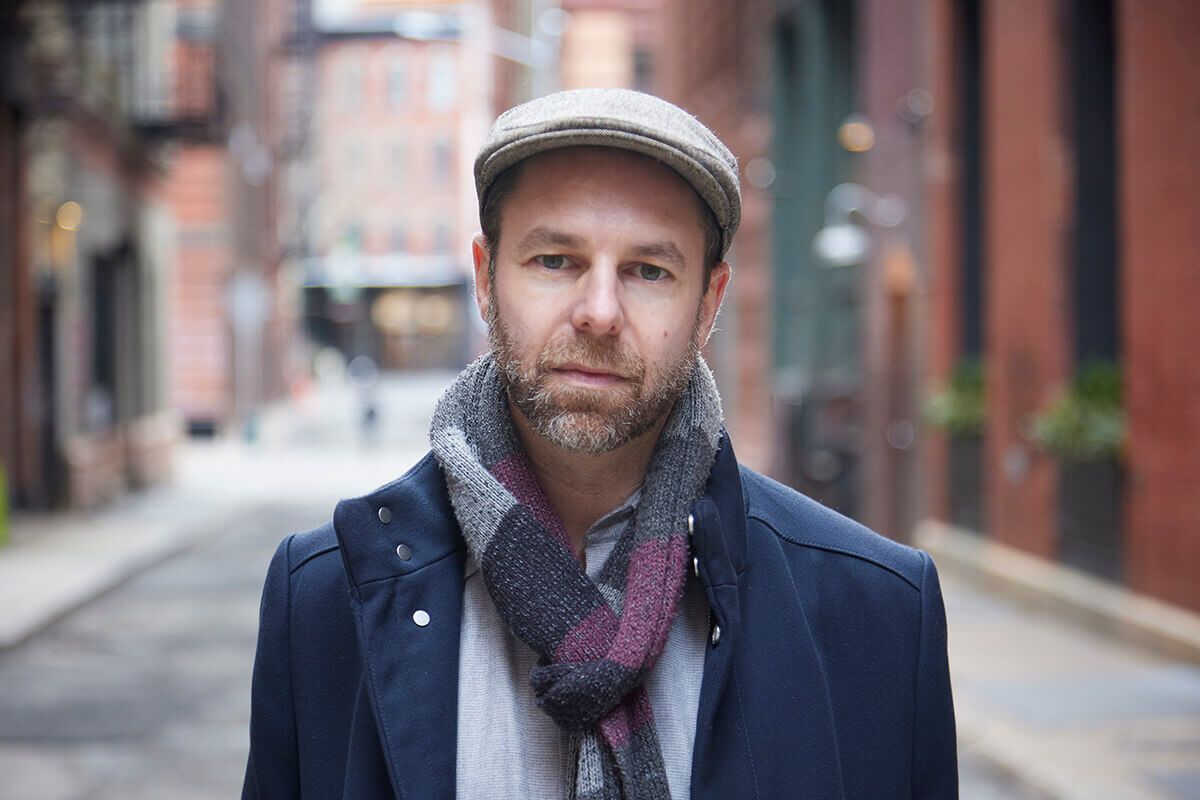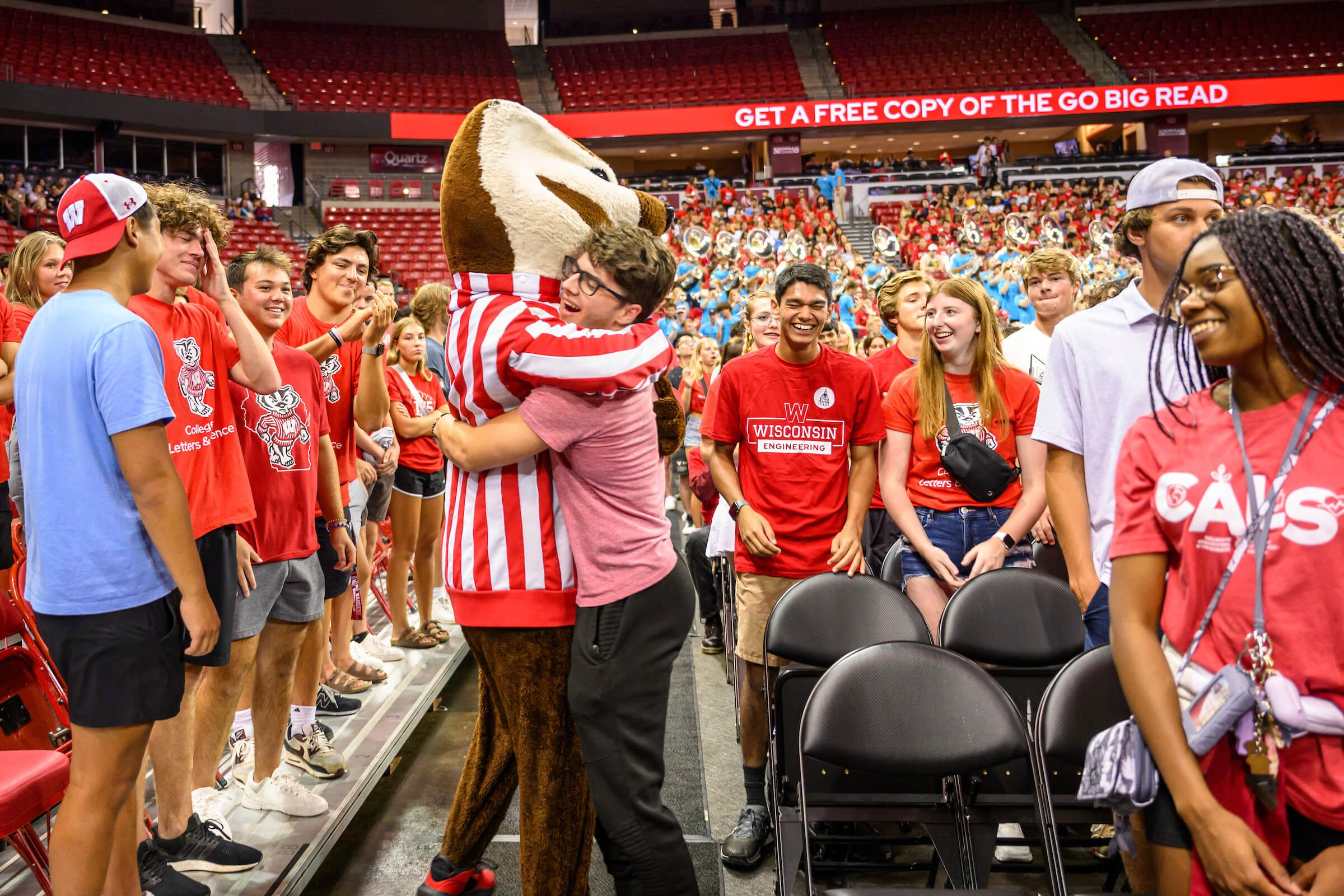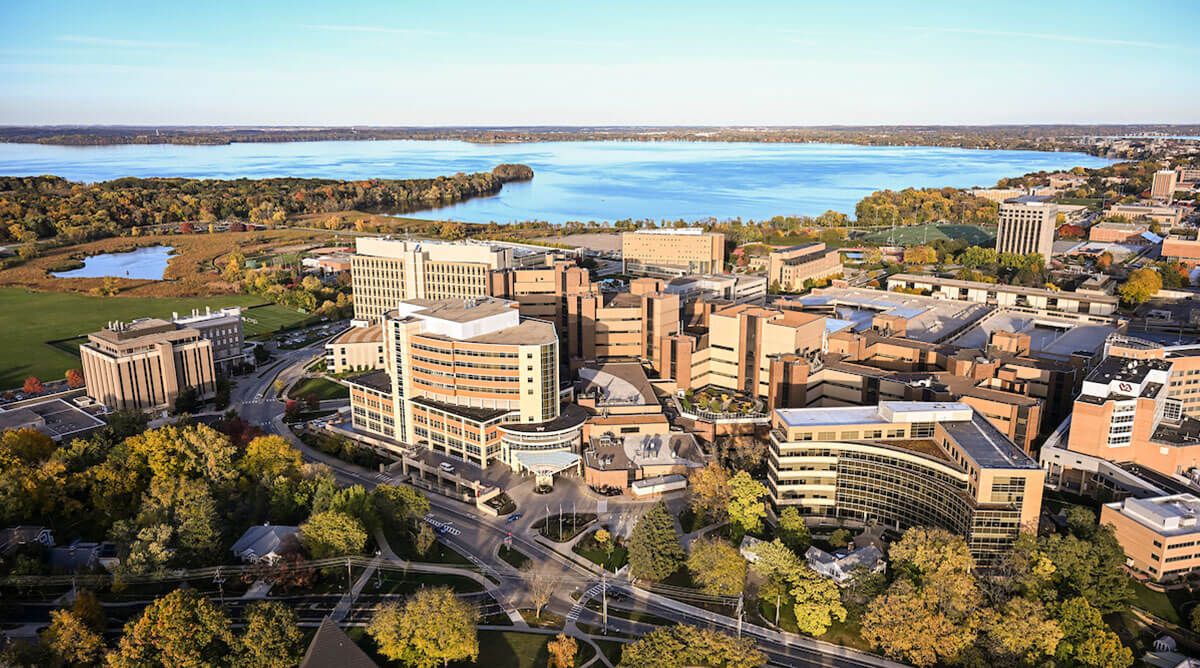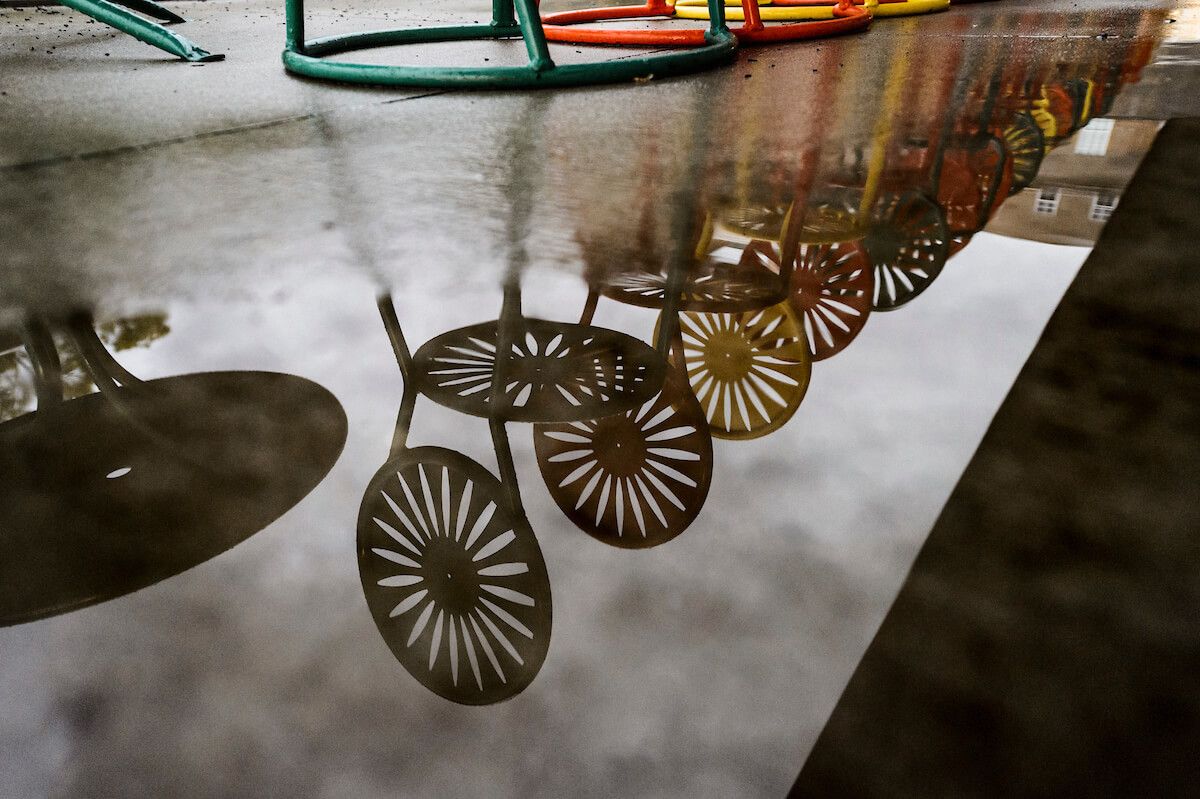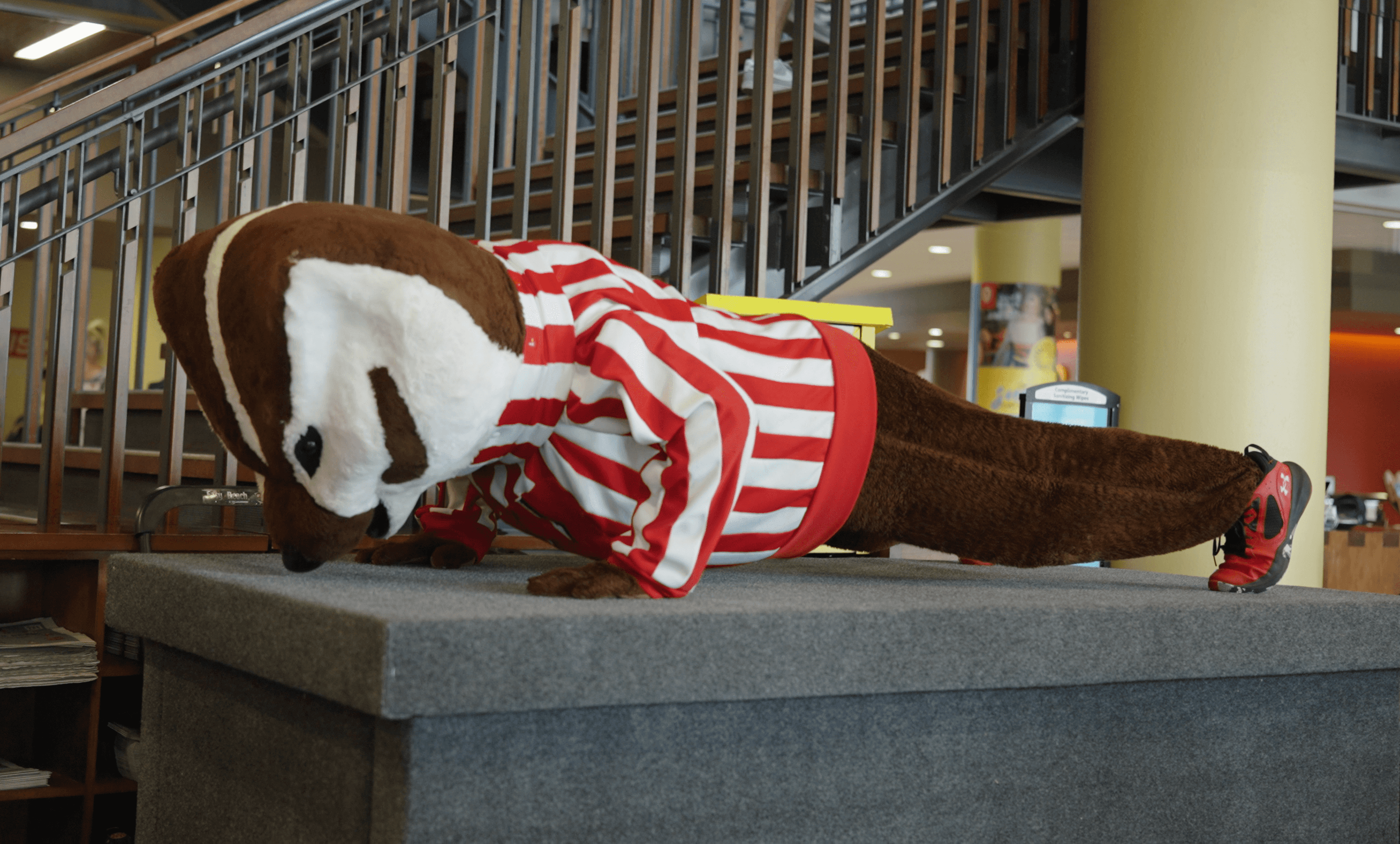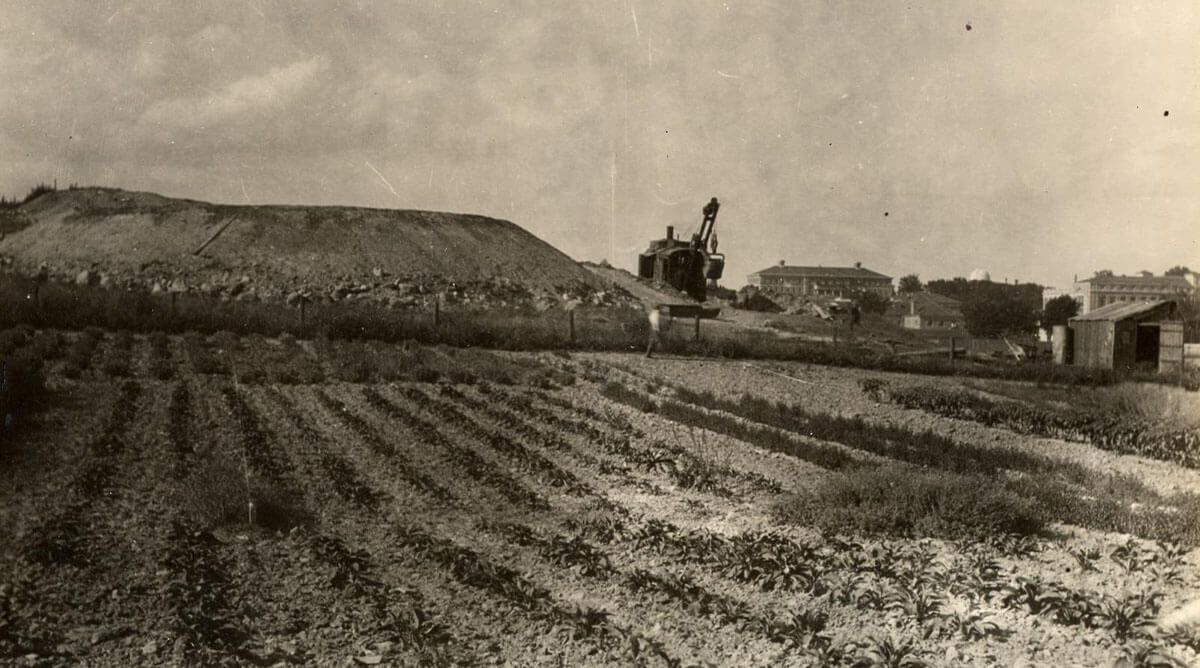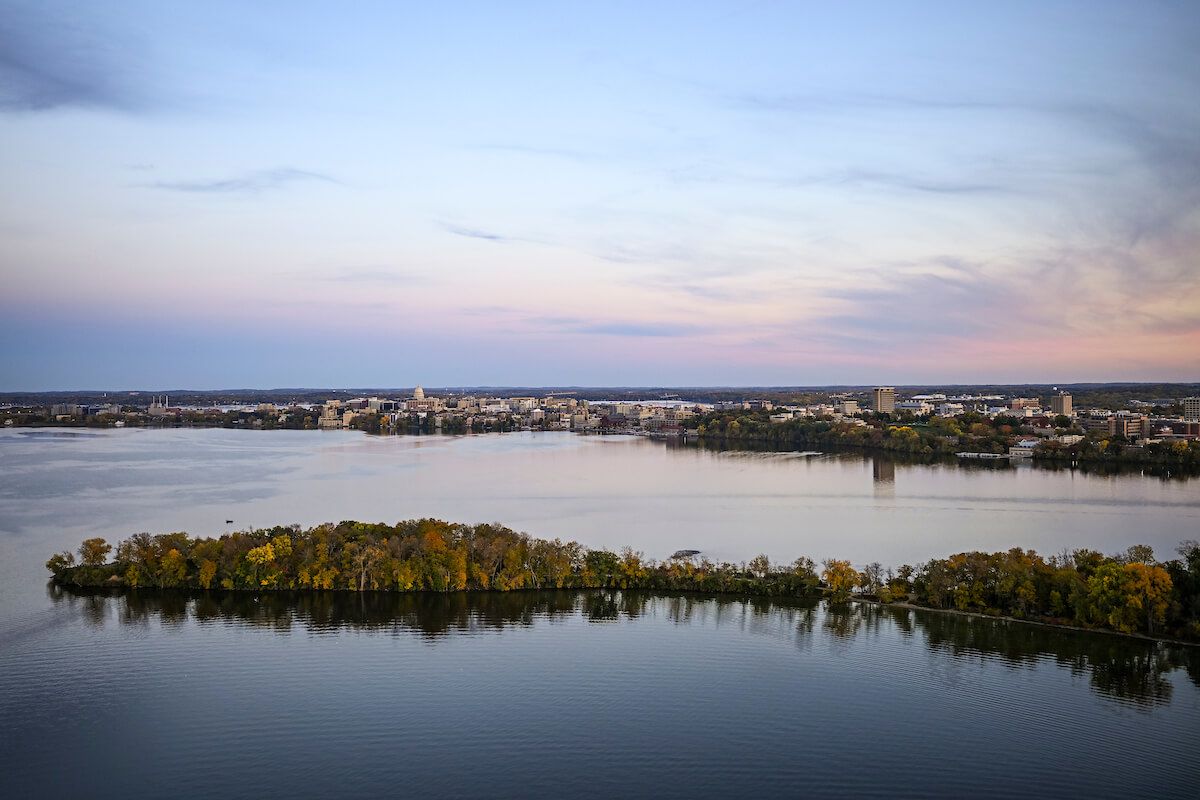Russell Betts knows what it takes for an alumni group to be successful — he’s seen alumni relations from almost every angle. A former Badger athlete, he forged lifelong connections as a student. As a young grad, he joined the staff of the Wisconsin Alumni Association, working as the director of diversity and helping advise the African American Alumni Association (“Quad A”). He then worked in fundraising for the UW Foundation before moving to Minneapolis, but he never let his Badger connections fade.
“I know the university and some of its inner workings,” he says, and his connections with UW staff help open possibilities. “Rather than having to introduce myself, we are able to create some rapport and start talking about our group. That history is a really good thing.”
Today, he’s putting that rapport to use, because his story has closed its circle: he now serves as president of Quad A’s successor group, the African American Affinity Group, which has been growing more active in recent years.

You’re the president of the African American Affinity Group — is that a lot of work?
Yeah, I’m the president, but others do way more than I do. Roslynn Pedracine ’08, who actually is serving in a couple of different roles right now — she organized a reception for Black alumni at the [UW’s] Divine Nine Plaza dedication [in October]. [Vice President] Tanisha Frazier ’00, [secretary and interim treasurer] Erran Daniels ’08, and [social media lead] Jasmine Hawkins MBA’22 [are also important members of the board].
What’s the most important thing the African American Affinity Group does?
You’re talking to a fundraiser, so first and foremost is going to be the scholarship program. It’s one way that we can clearly demonstrate support for students on campus, and advocate for them. Obviously, we have to support education. Then I think eventually we can branch out to providing a space for Black alumni to come back and engage with the campus. I mean campus in its totality — students, faculty, staff, and more importantly other alumni.
What special insight do you bring?
Having been the director of diversity at the Wisconsin Alumni Association, working with all of the affinity groups, and also having been a director of development at the Foundation, I think I’m uniquely positioned in that I know where maybe some of the opportunities are. Also, I know where there are some areas to question, and maybe even challenge. I know how things used to be done, and how things are done now, and maybe I can offer a different perspective on how things should be done, having seen the past and the present and building off of that.
What do you see as the group’s biggest success so far?
Homecoming. We’ve had the opportunity to highlight our contributions. At that event, this one guy who was an undergraduate showed up. I thought he was a mentee of somebody, but he wasn’t. He rode his bike across campus. I asked, “Who are you here with?” He said, “Oh, just came to see what was going on. I’m a freshman here.” He said he’d heard about us in an email. He was a student and wasn’t supposed to receive that email. But he took the initiative. He wanted to see what it was about, come meet some people, introduce himself. I thought, “God, this is exactly the kind of students we want at Madison.” Because they’re industrious, they take initiative, they want to connect with others who are like them. So I said, “Come on in! Here’s some food. Better not catch you looking at any alcohol, but come on in.”
Where do you see the African American Affinity Group heading?
There’s so much more to do. An awareness that needs to be created, more so on the side of the university, of how we can be a useful resource for them, to better connect, better engage, and better serve our Black students. As many strides as I feel that we have made, some of the news that comes out of Madison — sometimes, it blows my mind that those things are still happening. We are a resource. We are here. Connect with us. Utilize us. I’m very thankful for where we are, but also, I’m mindful of just how much more is available, and how much further we have to go.
